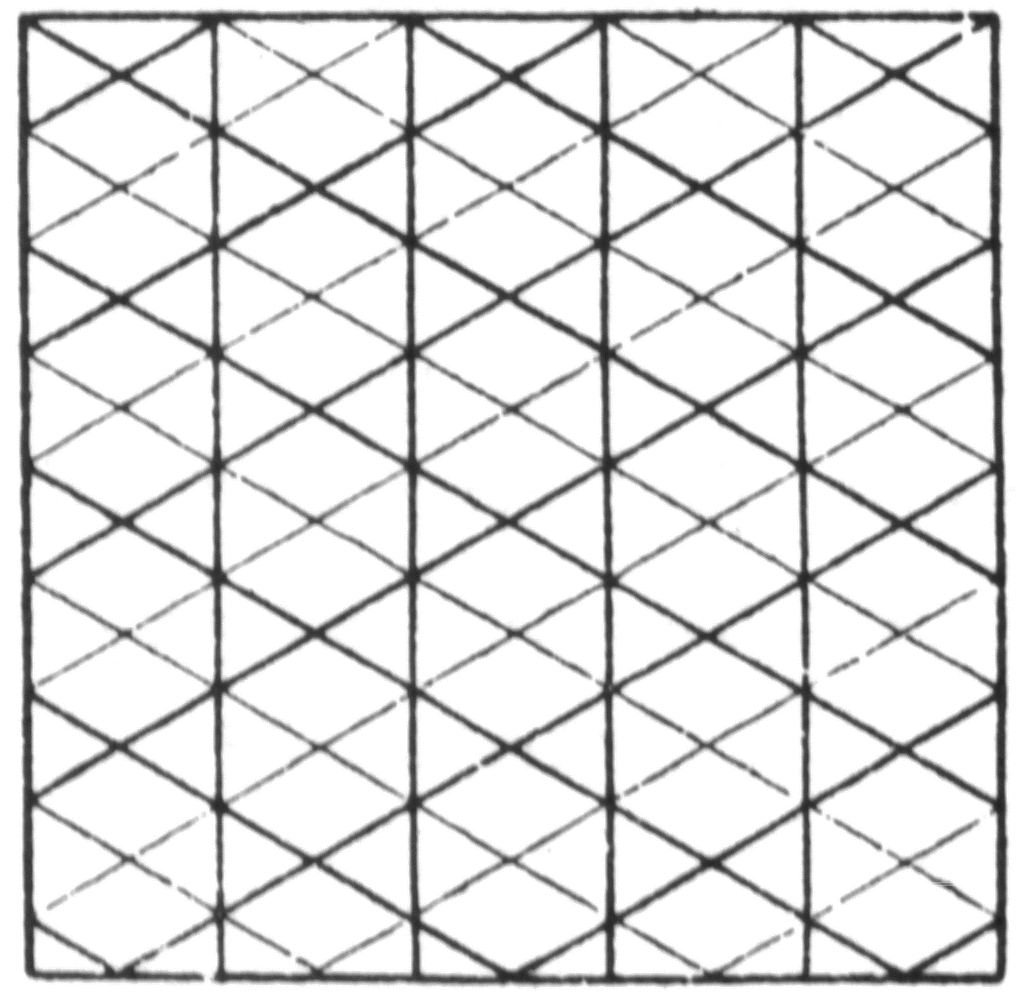zo•o•phyte (ZOH-uh-fahyt) n
Definition:
any of various invertebrate animals that superficially resemble plants, such as a sea anemone or sponge
zoophytic, zoophytical adjective
Origin:
1615–25; from Neo-Latin zoophyton from Greek zoióphyton from Greek zoion "an animal," lit. "a living being," from PIE base *gwei- "to live, life" + phyte "plant from Gk. phyton "plant," lit. "that which has grown," from phyein "to grow"; literally animal-plant
Related:
Related Words: aerophyte, epiphyte, sporophyte; also see entry for zoopery
Sentence Examples:
• No small portion of the ocean’s tale this, comprising many chapters of deeds of daring, blood, villainy, heroism, and enterprise. But with this portion of its story we have nothing to do just now. It tells us, also, of God’s myriad and multiform creatures, that dwell in its depths, from the vast whale, whose speed is so great, that it might, if it chose, circle round the world in a few days, to the languid zoophyte, which clings to the rock, and bears more resemblance to a plant than to a living animal. - The Ocean and its Wonders, R.M. Ballantyne
• The aquarium presents a field for delightful and ever-varying study, as its inhabitants belong to the most curious and interesting of ocean and fresh-water creatures. Fishes alone are well worthy of close observation; and when to these are added odd little reptiles, queer shell-fish, and different classes of the wonderful zoophytes, an aquarium presents a constantly changing picture of the marvels of ocean life. - Harper's Young People, 1880
• It had long been a favourite theory, that in the earlier ages to which we can carry back our geological researches, the earth was shaken by more frequent and terrible earthquakes than now, and that there was no certainty nor stability in the order of the natural world. A few sea-weeds and zoophytes, or plants and animals of the simplest organization, were alone capable of existing in a state of things so unfixed and unstable. - A Manual of Elementary Geology, Charles Lyell
Wikipedia:
A zoophyte is an animal that visually resembles a plant. An example is a sea anemone. The name is obsolete in modern science. Zoophytes are common in medieval and renaissance era herbals, notable examples including the Tartar Lamb, a plant which grew sheep as fruit. Zoophytes appeared in many influential early medical texts, such as Dioscorides' De Materia Medica and subsequent adaptations and commentaries on that work, notably Mattioli's Discorsi. Zoophytes are frequently seen as medieval attempts to explain the origins of exotic, unknown plants with strange properties (such as cotton, in the case of the Tartar Lamb). Reports of zoophytes continued into the seventeenth century and were commented on by many influential thinkers of the time period, including Francis Bacon. It was not until 1646 that claims of zoophytes began to be concretely refuted, and skepticism towards claims of zoophytes mounted throughout the seventeenth and eighteenth centuries.Sources: Free Dictionary, Dictionary.com
Word-E: A Word-A-Day



